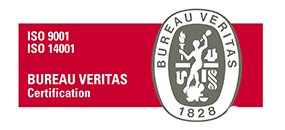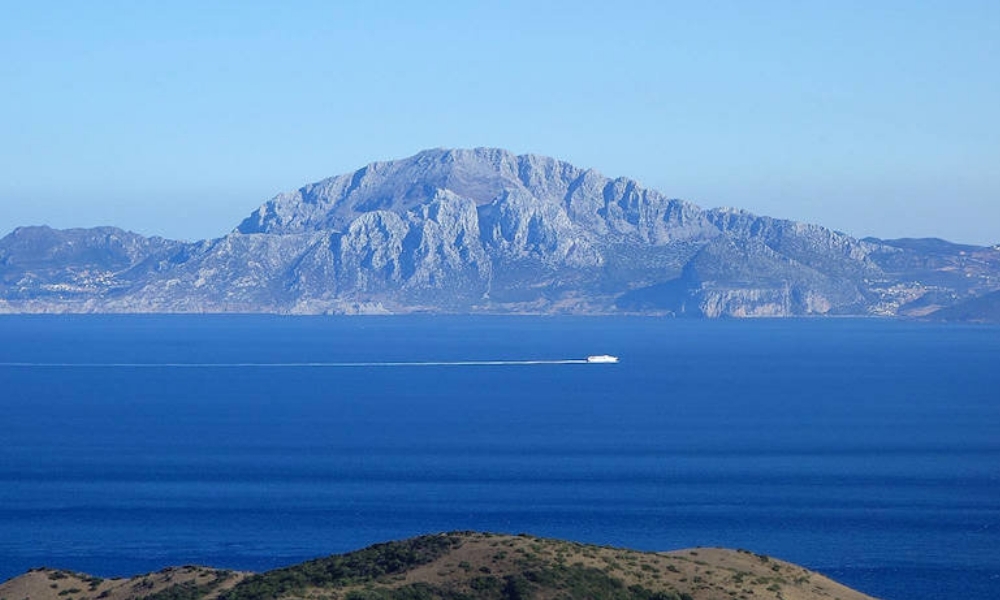
Welcome to our new website, a direct line of communication designed to enhance business relationships by providing a clear and transparent overview of our work.
Our entire company staff are excited about taking up this new challenge, aware that new technologies are the key to continuing to offer the very highest quality and effectiveness in our services.


Everything you need to know before crossing the Strait of Gibraltar
One of the Strait of Gibraltar’s main characteristics is being a strategic point for maritime transportation, andfull of contrasts, for that matter. Located in an area with high density of this type of traffic, it stands as a natural barrier between the European and Asian continents, the Mediterranean and the Atlantic, and Western and Eastern culture.
This crossroads and European southern gate, with barely 14 kilometres of maritime area, sees hundreds of ships daily that solidify its importance. One of the almost mandatory stopovers for many is the port of Ceuta, where our bunkering agency in the Strait of Gibraltar attends to the various technical and provisioning services required, vital for these voyages.
The great inflow of ships witnessed by this small maritime strip is based on the fact that it is the only way to enter the Mediterranean, as well as the the shortest route for ships seeking to cross Europe. This is how they avoid having to sail thousands of extra miles and the cold Atlantic currents. These long routes require technical stops in ports such as the one in Ceuta, in order to resume their voyage back to African or American waters in the best possible conditions.
Salama, Ceuta’s leading shipping agency, offers a variety of services to all types of vessels in the area, guaranteeing a safe navigation and covering their needs. Everything in the shortest amount of time and under the supervision of professionals with extensive experience in the sector:
Fuels for boats
Repairs
Healthcare
Provisions
Underwater inspections to locate damage
Cash deliveries to the captain (different currencies)
Repairing radars, radios, electrical motors...
Services for cargo ships, sailboats, charter yachts, regattas...
The peculiarities of the Strait of Gibraltar go beyond its critical location between Spain and Morocco and its significant strategic value. The area is mainly characterized by the confluence of winds (mostly from the East and West) and the maritime currents. Winds can accelerate with very strong intensity until they reach 40 and 50 knots near the rock (especially in autumn and winter), while barely noticeable 20 kilometres away. The reason of this being that the area acts as a natural funnel that resists the passage of winds.
In addition, special attention must be paid to maritime currents in the area, reaching considerable force, and with notable changes throughout the same day. The fog banks, especially frequent when temperatures rise, also require extreme precaution.
Organizing maritime traffic
The proper organization of abundant maritime traffic in the Strait of Gibraltar, an area only 14 kilometres wide at its narrowest point (its depth ranging between 300 and 900 meters), is vital. Like any other highway, this strip has two well-differentiated lanes, established in 1970 by the International Maritime Organization to channel the maritime flow (although several modifications have been made since then).
Since 2010, ships coming from the Mediterranean and sailing West must notify Tarifa Tráfico (the traffic authorities in Tarifa) when crossing the 005º58',00W meridian, while those sailing East must notify Tangier when they cross the 05º58',00W meridian. In both cases, they navigate in their lane following the indicated traffic flow. When they need to cross the traffic lane (like in the case of ferries), they follow a course perpendicular to the general direction of the traffic.